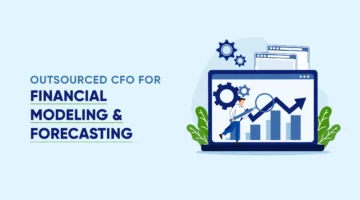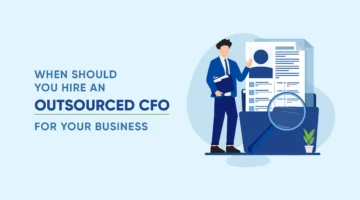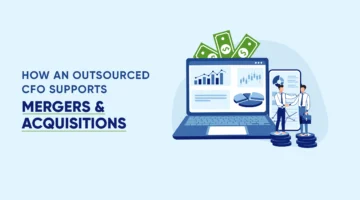How Do You Apply for an SBA Economic Injury Disaster Loan?
As businesses are forced to close their doors to keep up with health and safety standards, their revenue is dropping. The government is working to provide economic relief to American businesses, and some of those relief solutions are already available. The U.S. Small Business Administration (SBA) has extended their disaster loans to small businesses and private non-profits affected by COVID-19.
The loans are long-term and low interest. The repayment plans go up to 30 years and the interest rates are 3.75% for small businesses and 2.75% for nonprofits. Disbursement from the loan is meant to pay for things like fixed debts, payroll, accounts payable and any other bills your business can’t afford to pay because of a loss of revenue attributable to COVID-19.
To apply for a disaster loan from the SBA, here are a few things you’ll need to consider.
Lenders at the SBA are looking for the 5 C’s.
Capital
You will need some working capital to make a down payment on your disbursement. This assures lenders that you will also be making loan payments and handling your disbursement responsibly.
Credit
Often, the owner of the business’ credit history will be a factor in whether the business is accepted for a loan. Owners with solid credit scores and a history of paying off debt will attract lenders.
Capacity
No matter how long-term your repayment plan, you will have to illustrate an ability to pay off the loan eventually. The lender will generally take things like your annual revenue during a good year into account.
Collateral
You will need property to guarantee the loan. That is, you’ll need to have an asset that the lender can rely on for repayment in the event you default on your loan payments.
Character
The character of the business owner taking out the loan is also important to lenders. They will generally look at your past business experience to determine what kind of businessperson you are. For example, have previous enterprises of yours gone bankrupt? Have you been sued? Lenders will look at these factors and more when deciding on your character.
The SBA’s application is only available online.
To apply for an SBA loan, you must submit your application online. Paper applications are no longer excepted for the SBA Economic Injury Disaster Loans. Submitting your application online does not mean you are automatically approved for a loan. Your online application will enter the pool for review immediately after submission. Decisions could take between 2 to 3 weeks.
There is a deadline for each disaster.
The deadline for applying for a disaster loan for economic injury is June 30, 2020. Any extensions or changes will be listed on the SBA’s website.
There are required documents you’ll need for your application.
All required documentation included with your application needs to be complete and accurate. The applicant must provide personal information for each principal owning 20% or more of the business.
The required documents include:
- Gross revenues for the Twelve(12) Months Prior to the Date of the Disaster (January 31, 2020)
- Cost of Goods Sold for the Twelve(12) Months Prior to the Date of the Disaster (January 31, 2020)
- Contact information for owner(s)
- Social security numbers & birthplace for owner(s)
- Your Employer Identification Number (EIN)
Each of these forms needs to contain correct information and be signed and dated to ensure quick processing.
Applying for a disaster loan can be overwhelming. Consider hiring an outsourced accountant to help you compile your records and ensure that your application is accurate. A professional accountant may mean the difference between rejection and acceptance of your SBA Disaster loan application.
Updates were made on March 30, 2020 to reflect the new process that the SBA established on March 29, 2020.
The information provided is based upon facts that were available at the time of publication and are subject to change. NOW CFO makes no warranties, express or implied, or representations as to the accuracy, completeness or timeliness of the information provided. NOW CFO cannot be held liable for any claims or damages that result from reliance on this information.



